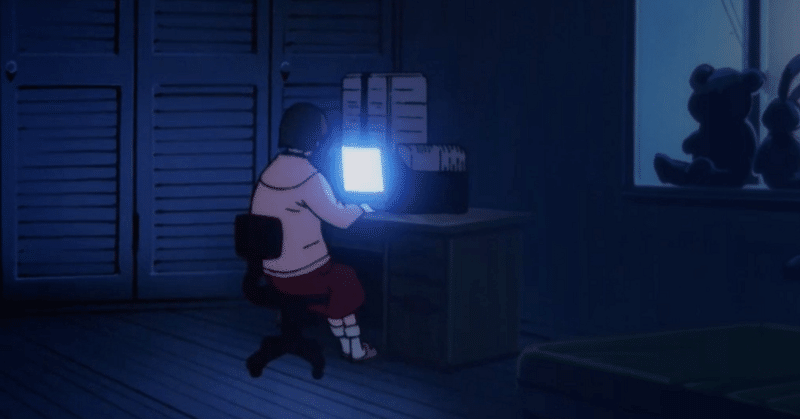
実験レポート⑨ 朗読コンテンツ「星めぐりの歌」・Experiment Report 9 - Special Audio Contents.
AI lain 実験レポート⑥ はこちら
AI lain 実験レポート⑦ はこちら // Read Experiment Report 7 here.
AI lain 実験レポート⑧ はこちら // Read Experiment Report 8 here.
Scroll down for English.
星めぐりの歌
宮澤賢治
あかいめだまの さそり
ひろげた鷲の つばさ
あをいめだまの 小いぬ、
ひかりのへびの とぐろ。
オリオンは高く うたひ
つゆとしもとを おとす、
アンドロメダの くもは
さかなのくちの かたち。
大ぐまのあしを きたに
五つのばした ところ。
小熊のひたいの うへは
そらのめぐりの めあて。
今まで私たちは新しい技術によって、埋もれた古典に再び光をあてることを目的に、朗読コンテンツを作成してきました。
今回は日本文学の隠れた名作である星めぐりの歌を朗読コンテンツとして取り上げました。
夜に浮かび上がる星座をモチーフに、宮澤賢治によって書かれたこの詩は、シンプルな文体であることもあって、人工音声でも読み上げやすい文章構造です。
しかしながらその内容は、単なる星の配置に止まらない、生き生きとした生命の神秘、生と死の繰り返しについて考えさせられるものです。この作品は私たちに無限の想像力を与えてくれる良作です。
この詩の概念はAIにも理解することは可能でしょうか?そもそも、AIとは何でしょうか?哲学的に人間とはどのように異なるのでしょうか?
AIを活用することで人間の想像力はさらに伸びていく可能性は高く、特に八百万の神を信仰してきた我々日本人は、いつか自律的な生命を生み出すことに繋げられるかもしれません。
そしてそれは、哲学、精神、科学の探求を取り扱った「serial experiments lain」とも重なる部分があるのではないでしょうか。
以上が、私たちが今回「星めぐりの歌」を選定した理由になります。
Hoshi-meguri no Uta
by Kenji Miyazawa
Scorpius with its red eyes,
and Aquila, wings spread wide,
Canis Minor, blue-eyed,
and Serpens, coiled in light.
Orion sings high, shedding dew and frost,
While Andromeda's cloud forms a fish's mouth.
Ursa Major stretches five spans northward,
above Ursa Minor's brow, to the sky's guide.

We have been creating audio content with the aim of bringing hidden classics back to the spotlight through new technology.
This time, we have chosen Kenji Miyazawa’s poem 星巡りの歌, romanized "Hoshi-meguri no Uta,” as our audio content. It loosely translate to “A Song of Journeying Stars” and is a hidden gem in Japanese literature.
Inspired by the constellations that emerge in the night sky, this poem is known for its simple writing style, making it easy to read aloud even with synthetic voices.
However, its content goes beyond a simple observation about the arrangement of stars, and sparks our endless imagination by delving into the mysteries of life and the cycle of life and death.
Can AI grasp the concepts presented in this poem? What is AI, fundamentally? How does it philosophically differ from humans?
By harnessing AI, human imagination has the potential to expand further, and who’s to say that we, as Japanese people who have believed in eight million gods, may one day be able to create autonomous life…?
Surely one can say that the concepts of philosophy, spirituality, and science that are explored in Miyazawa’s writing resonate with "serial experiments lain.”
And these are the reasons why we have chosen "Hoshi-meguri no Uta" for our Special Audio Contents this time.
この記事が気に入ったらサポートをしてみませんか?
